How To Animate A Growing Plant In Blender

Different countries and cultures worldwide have used medicinal plants for thousands of years. Several studies have looked into the usefulness of these medicinal plants. However, more enquiry is still ongoing to understand the medical benefits better. This article provides bones data about specific medicinal plants and what the science says now. For more data, visit Herbs At a Glance.
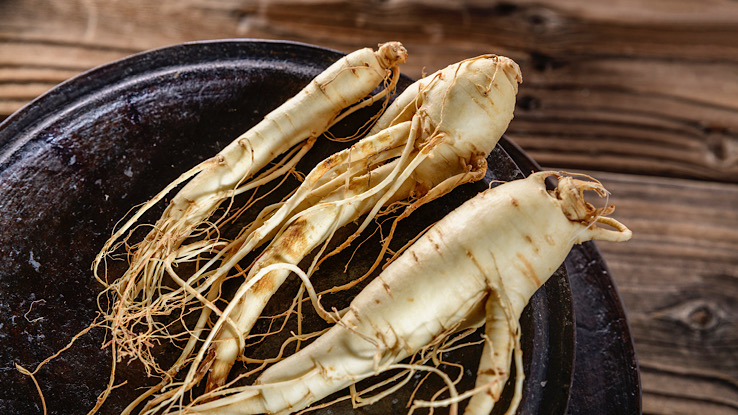
American ginseng is one of the most widely used plants in herbal medicine. People shell the root and take information technology orally. People take information technology to boost their allowed systems, decrease stress, and assistance care for upper respiratory infections. Ginseng is in soft drinks and cosmetics and is in high demand worldwide. People sometimes confuse American ginseng and Asian ginseng, but they have different properties.
2. Echinacea

Echinacea, also known as coneflower, can prevent and care for colds and help fight infection. People also use information technology for wounds on the skin and to treat peel weather condition.
3. St. John's Wort
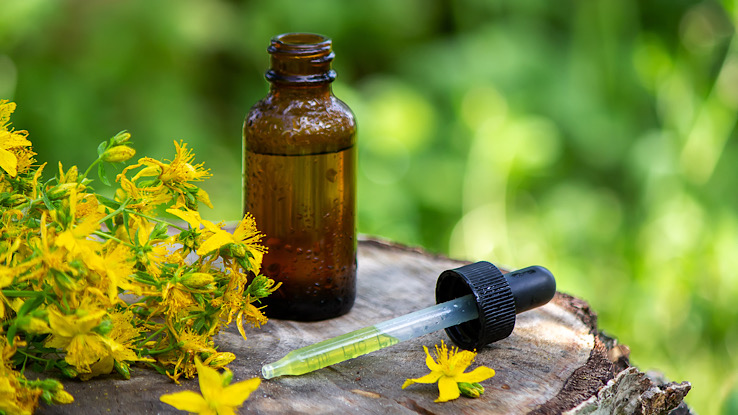
People use St. John's Wort either on your skin or accept information technology by mouth. Common topical uses include healing wounds or bruises and lessening musculus hurting. Taking the plant past mouth may aid with depression, obsessive-compulsive disorder (OCD), and attending deficit hyperactivity disorder (ADHD). However, St. John's Wort can interact desperately with some medications, so talk to your doctor before taking information technology.
4. Milk Thistle
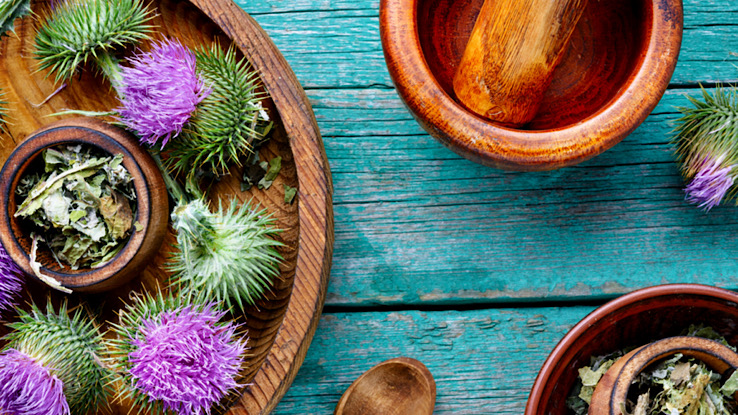
You lot tin can find ,ilk thistle, also known equally silymarin, on well-nigh continents. You tin accept this supplement orally. Milk thistle can be helpful to those with diabetes, hepatitis C, indigestion, and cirrhosis.
5. Sage
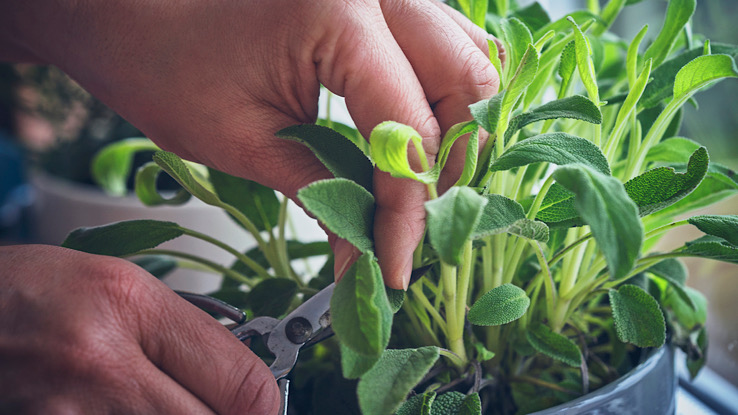
Many cultures use Sage for health benefits and as a spice. People apply sage for sore throats, memory loss, diabetes, and to manage cholesterol levels. However, sage has high levels of thujone, and you should non swallow it in big amounts since information technology may crusade seizures.
6. Ginkgo

In the past, people used leaf extracts from the ginkgo tree for asthma, bronchitis, and kidney issues. People take recently used ginkgo extract as a dietary supplement for memory loss, tinnitus, and anxiety. People only use the foliage extracts, because the seeds comprise toxins.
7. Chamomile

At that place are 2 different types of chamomile, Roman and German.
- German chamomile: People employ information technology for indigestion, indisposition, and high stress. It tin also care for sores on the gums caused by cancer treatment.
- Roman chamomile: People use information technology for indisposition, nausea, and swelling. You can put it in teas and on the skin for wounds and inflammation.
8. Aloe Vera
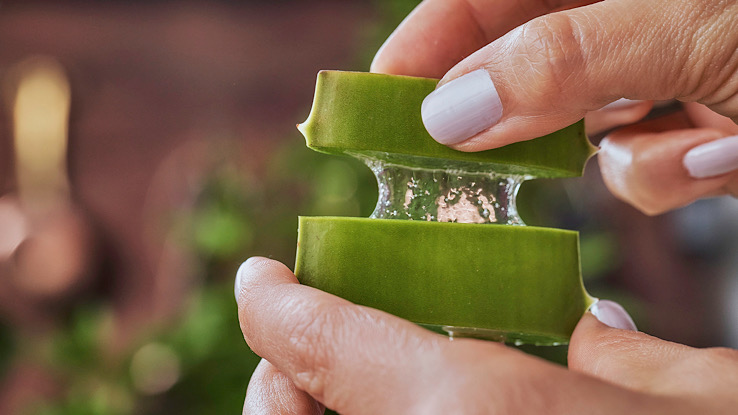
There are over 400 kinds of aloe plants. Aloe vera has a gel inside the leaves that tin can care for burns on the pare. People besides use the leaves as a laxative. You volition find this establish in commercial foods and as a flavor additive and dietary supplement.
nine. Tea Tree

The oil made from tea tree leaves can be very beneficial for the skin and help treat acne. Information technology is also an antiseptic and tin be helpful for insect bites, nail fungus, and cuts. You lot should apply tea tree oil topically and not eat it.
10. Valerian
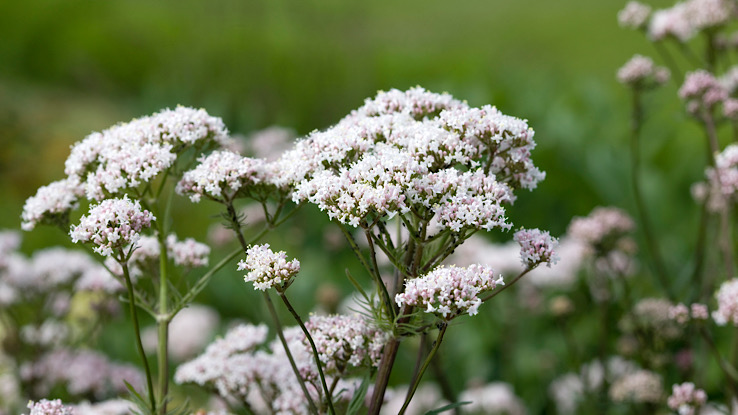
The roots of this constitute tin care for indisposition, feet, and migraines. Studies show that valerian tin can assistance relieve premenstrual syndrome (PMS) pain and menopause symptoms. Since it tin can help induce sleep, practise not employ information technology with booze or sedatives.
Resource Links
- "Aloe Vera" via National Constitute of Ecology Health Sciences
- "Aloe" via Mayo Dispensary
- "American Ginseng" via MedlinePlus
- "Chamomile" via National Center for Complementary and Integrative Health
- 'Echinacea: What Should I Know About It?" via Family unit Doctor
- "The growing employ of herbal medicines: issues relating to adverse reactions and challenges in monitoring prophylactic" via Frontiers in Pharmacology
- "A Guide to Common Medicinal Herbs" via University of Rochester Medical Center
Source: https://www.symptomfind.com/nutrition-supplements/medicinal-plants-and-their-uses?utm_content=params%3Ao%3D740013%26ad%3DdirN%26qo%3DserpIndex
Posted by: mcdonoughonink1956.blogspot.com

0 Response to "How To Animate A Growing Plant In Blender"
Post a Comment